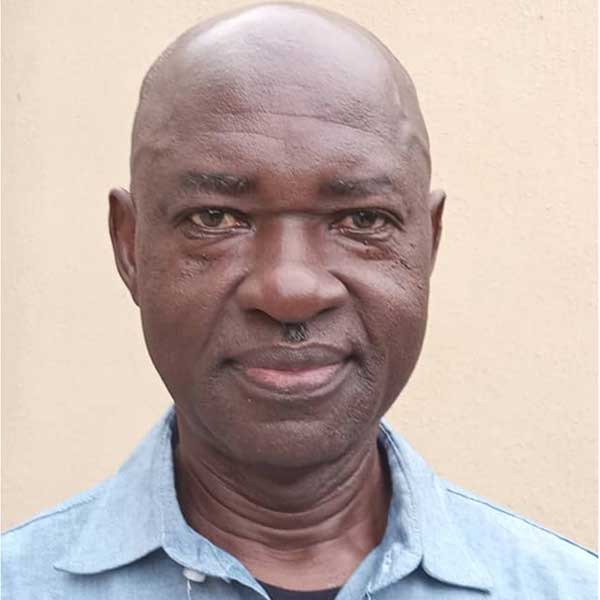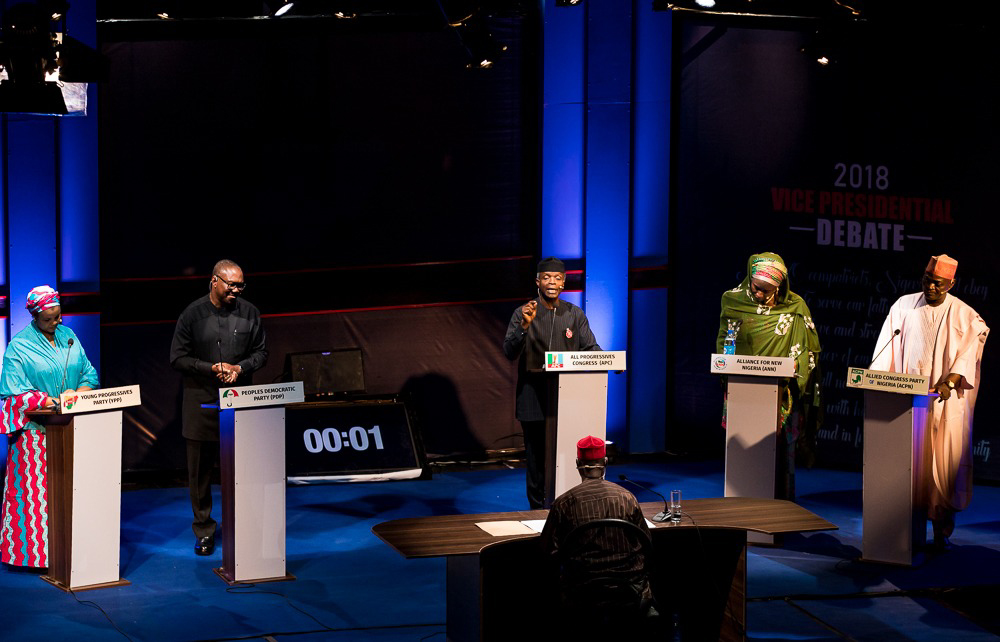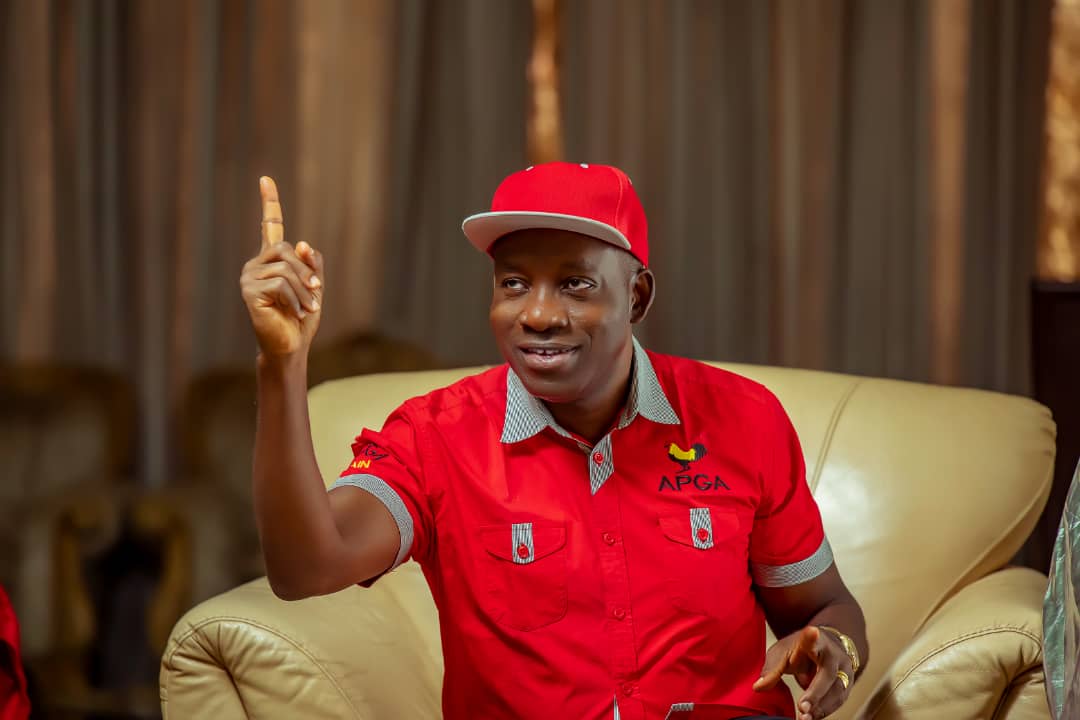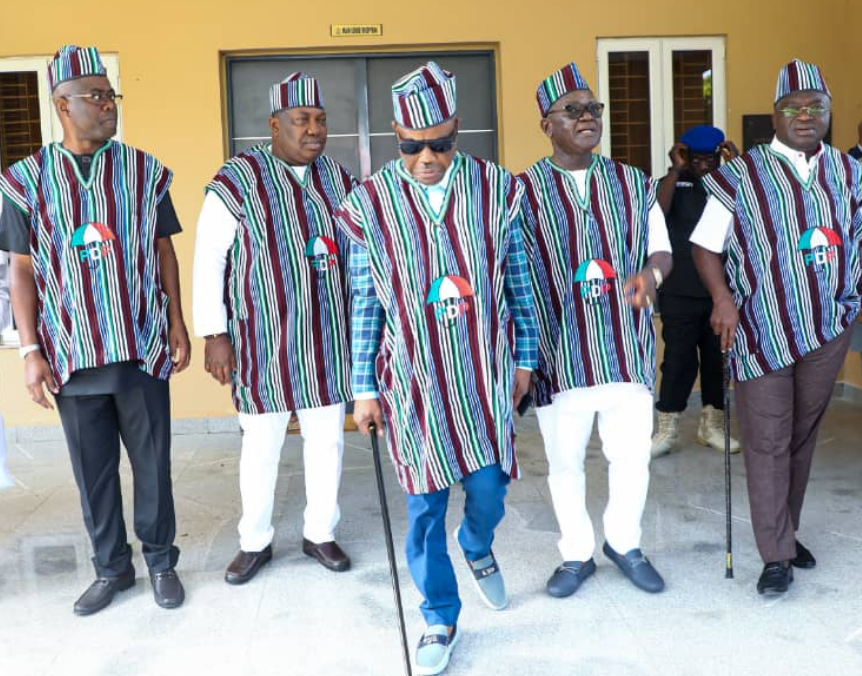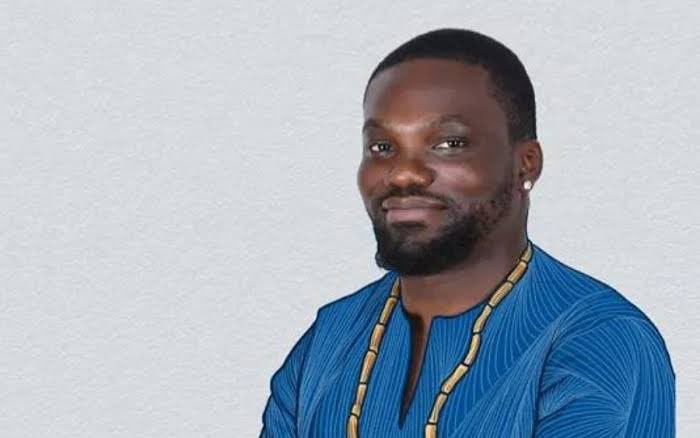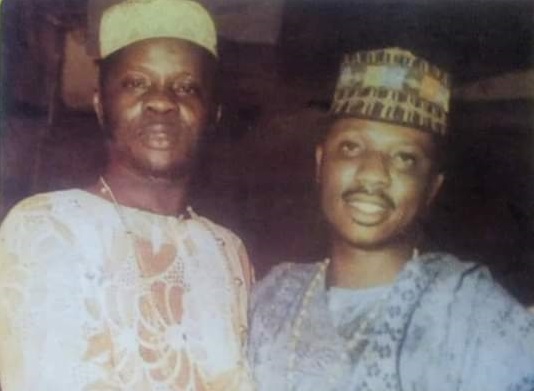Pic.36. From left: Umar Gesto of Young Progressives Party (YPP); Peter Obi of Peoples Democratic Party (PDP); Yemi Osinbajo of All Progressives Congress (APC); Khadija Abdullahi of Alliance for New Nigeria (ANN); and Ganiyu Galadima of Allied Congress Party of Nigeria (ACPN), during the 2018 Vice Presidential Debate organise by Nigeria Election Debates Group in Abuja on Friday (14/12/18)
06665/14/12/2018/Hogan Bassey/BJO/NAN
Not many other aspects of our national life deserve more attention at this point than the race towards next year’s general election, for very justifiable reasons. The existential and common vicissitudes facing the country today are as daunting as they can be, having already surpassed the predictions of many Nigerians.So is the pressing need to get as many right persons as possible into political offices. Failure to do so now will postpone our golden chance for corporate healing and rebirth. The least civic responsibility one owes the nation is to challengewhatever is capable of undermining the ongoing electoral processes. Public debates among candidates running for the various positions, for instance.
In Nigeria, like in most other countries of the world, neither in the Constitution of the Federal Republic nor Electoral Act is it explicitly stated that participation in such exercises is mandatory, meaning there can’t possibly be violations of legal codes by any political office seeker in this regard. The argument here is, therefore, not about its enforceability. It can and should, however, be about its morality, desirability and suitability. Some happenings within the past few days point to this matter as an emerging national concern.
A prominent trigger was produced by the presidential debate set up by Arise Television in partnership with the Centre for Democratic Development (CDD) two Sundays ago. The standard bearers of the two largest parties, the All Progressives Congress (APC)’s Senator Bola Ahmed Tinubu, and the Peoples Democratic Party (PDP)’s Waziri Atiku Abubakar, and some others, were absent. Abubakar was instead represented by his vice, Senator Ifeanyi Okowa. The mixed reactions from political players and polity watchers which trailed that poor attendance were, of course, not unexpected. Arguably the strongest one came from the Director–General of the presidential campaign of the Labour Party, Dr Doyin Okupe, who declared sternly that his party’s candidate, Mr Peter Obi, would no longer participate in any debate in which his counterparts fail to show up.
The fallout didn’t end there. Few days later, the Nigerian Economic Summit Group (NESG) cancelled its planned parley for the presidential hopefuls, citing “recent engagements with candidates and statements from political parties” as the reason for its decision. Sadly, more distasteful collateral consequences are likely to follow as we move towards the 2023 polls.
Advertisement
As clear leaders in terms of membership size and quantity of political seats occupied, both APC and PDP ought to face more interrogations here since their actions and inactions would have greater immediate impact on this election season. Thankfully, Tinubu’s spokesperson, Mr. Festus Keyamo,SAN, had a ready explanation for his principal’s non-appearance at the event. As he put it, “Many radio and TV networks in Nigeria have indicated interests to host such debates and out of deference to other TV and radio stations, our candidate will not be making selective appearances in some networks, whilst ignoring others. As president of Nigeria, by the special grace of God, he intends to treat all persons and businesses fairly and equally.
“Secondly, the busy and hectic campaign schedules of Asiwaju Tinubu will not permit him to honour all such invitations by different radio and TV networks, hence our decision for him not to start with one TV station and later ignore others.Thirdly, our candidate had long before now realised the importance of speaking directly to Nigerians and shortly after unfolding his action plan as president embarked on town hall meetings beginning with his interaction with the business community and other stakeholders in Kano followed by the town hall meeting and presentation by experts last week in Lagos. Tomorrow, he will be interacting with agro and commodity groups in Minna, Niger State.”
It must be said thatKeyamo, also the minister of state for labour and employment, has acted professionally in promptly stating the stand of his boss and party. That shows some regard for the people, in my opinion. But it’s important to look closely at his premises. Even though respect for all the media organisations which have requested for direct engagement with Tinubu is key to securing and maintaining good relations with the media generally, claiming to treat all of them equally is utopian.They do not all enjoy the same reach, respectability or influence, after all. This is one ground that necessitates media planning and also makes discretionary, discriminatory perhaps, treatment inevitable. All media platforms and programmes have their own audiences but do not all satisfy their clients’ expectations equally all the time. Media owners know this truth, live with it orstrive to enhance their capacities.
Advertisement
It’s noteworthy that, like the case of Arise, media houses often package such outings in conjunction with reputable non-governmental organisations (NGOs) and other institutions, in attempts to reinforce their quality and credibility. Having achieved that, nationally and internationally televised debates become avenues to be sought after by politicians who genuinely desire to be heard and seen simultaneously by millions of viewers in diverse locations. So, a candidate, a prospective number one citizen of a high-calibre country like Nigeria, should not be too busy to seize relevant, viable opportunities.
Speaking directly with critical communities and stakeholders in town hall meetings is, no doubt, vital in the pursuit of any ambition to become president but, again, that cannot sufficiently replace debates. Come to think of it, inter-personal communication fora like those regulated audiences are often transmitted or published via mass media channels for maximum leveraging. Constantly making excuses for absence at debates, therefore, inadvertently lends credence to speculations that some of the candidates fear open encounters with their more articulate competitors. On a good day, especially in societies where much premium is put on the ability to communicate ideas and plans, that is a huge minus. And for a period that now witnesses heightened competition among nations, one point that should not be ignored in the quest for a leader is to ascertain the confidence level of the applicants. Eloquence or charisma is certainly not all there is to leading a people but we need to start taking such seemingly fringe attributes seriously. Same for the physical strength, mental alertness and emotional stability of those vying for important political jobs.
As crucial as appointing competent persons into official positions to do the actual work is, that can’t substitute for electing someone who can lead from the front and also serve as a strong quarterback. The long-suffering people of Nigeria do not deserve anything less. Candidates should make themselves available for media scrutiny, a practice since adopted as a convention in many thriving democracies,with robust outcomes. We must not cling to how preparations for elections were made in the first and second republics and hope to reap current, world-standard dividends.
In South Korea, for example, political debates staged on television and other media channels are even mandatory, powered by the Public Official Election Act. Since 1995, these interactive and probingoutings are welcome departures from the one-way speeches of politicians. Five improved presidential elections, an ever-increasing viewership and better-informed electorate attest to the virility of this growing culture there. The other day, drawing his inspiration from the success story of the Asian nation, one of Nigeria’s renowned political economists, Prof. Pat Utomi, arrived at the conclusion that, “Once debates came to define elections, moneybags and all kinds of criminals and charlatans ran away and their electoral process became one of a sustained, enormously developed country.So, any politician that refuses to make this fundamental contribution to the democratic process should be considered unfit, unable and unwilling to participate in the democratic process.” I agree with him absolutely.
Advertisement
Ekpe, PhD, is a member of THISDAY Editorial Board.
Views expressed by contributors are strictly personal and not of TheCable.
Add a comment
